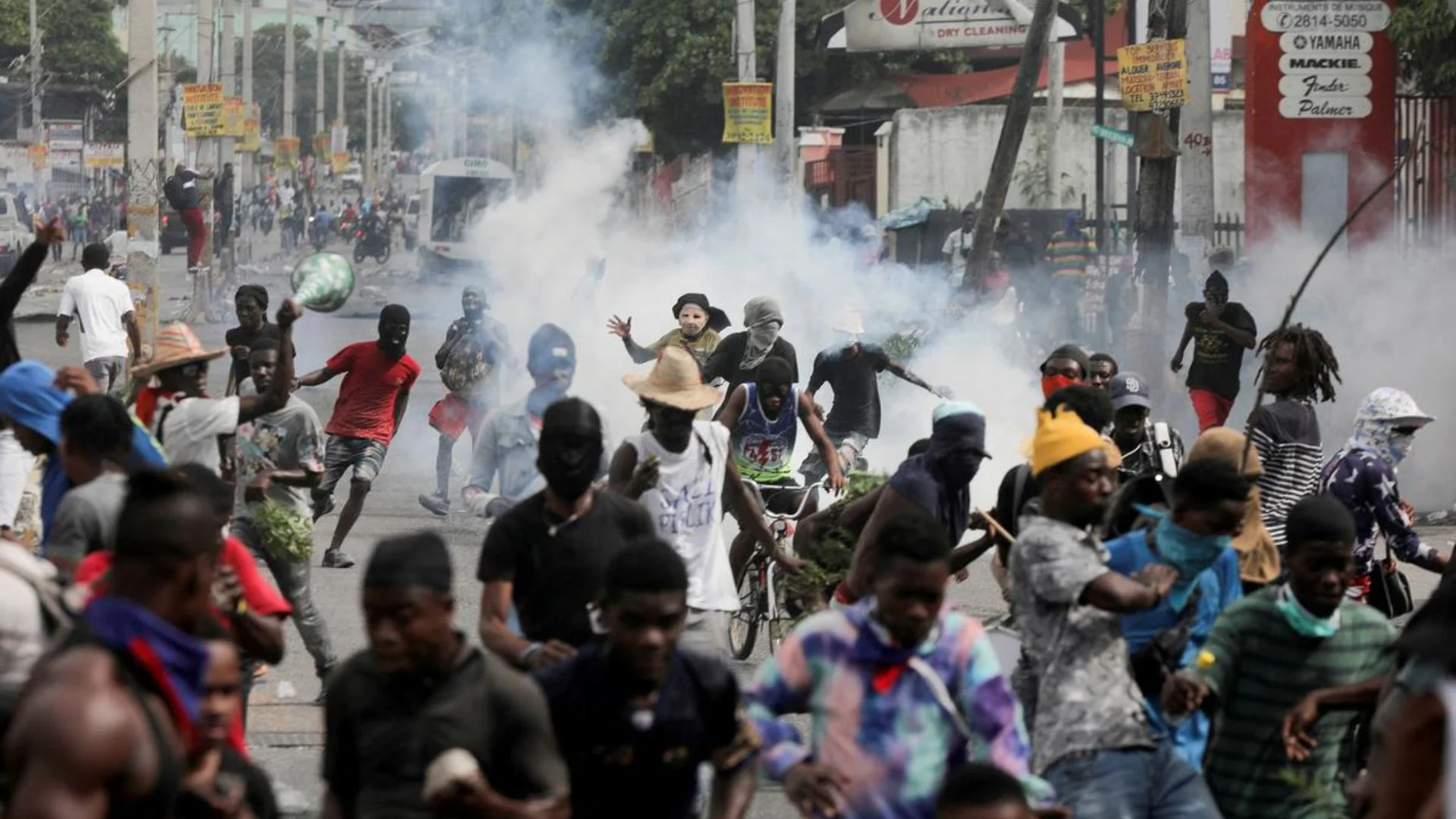As world leaders gather at the United Nations to discuss strategies to combat gang violence in Haiti, many Haitians express deep skepticism about the effectiveness of international interventions. The current situation remains dire, with gangs controlling significant portions of the capital, Port-au-Prince, following the assassination of President Jovenel Moïse in 2021.
UN Limited Impact In Haiti
Currently, a UN-backed force consisting of 400 Kenyan police and a few Jamaican officers has had minimal impact on the escalating violence. Although Kenya pledged an additional 600 officers this weekend, a recent UN report highlighted the Haitian police’s insufficient logistical and technical resources to tackle gang activity. Amid these challenges, many Haitians, like 39-year-old Mario Canteve, feel hopeless about the situation. “No one is coming to save Haiti. Nothing is changing,” he stated.
Concerns Over Previous Interventions
Kenya’s President William Ruto recently indicated his openness to expanding the Kenyan force into a larger UN peacekeeping mission. However, past interventions by the UN have led to accusations of cholera outbreaks and sexual abuse, causing hesitation among some UN members to approve a new mission. Historical skepticism towards foreign interventions remains strong among Haitians, as seen in the sentiments of schoolteacher Moise Jean-Pierre, who criticized previous missions as ineffective.
While the current security mission is expected to total 2,500 personnel from various countries, the path to restoring order remains uncertain. Despite plans for elections next year, the pervasive violence raises questions about their feasibility. As Canteve pointed out, “How can you hold an election when everything is so violent?” The challenges ahead for Haiti are significant, leaving many to wonder if a homegrown solution is the only hope for the nation’s future.







